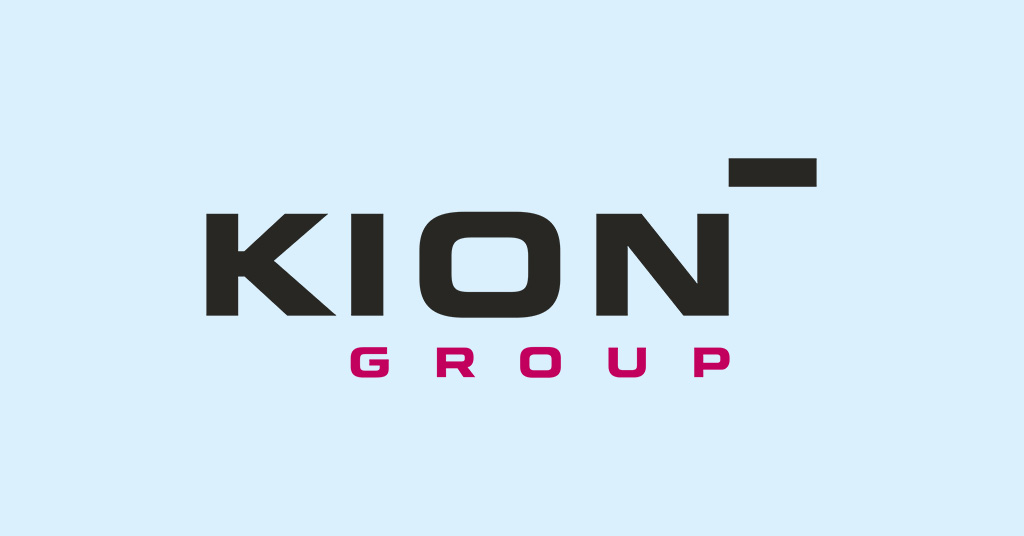Welcome To ChemAnalyst

The KION Group has embarked on a sustainable initiative to recycle lithium-ion batteries, sending end-of-life batteries to its strategic partner, Li-Cycle Holding Corp. The company aims to professionally and sustainably process up to 5,000 tonnes of end-of-life battery material at Li-Cycle's recycling plant in Magdeburg, Germany, by 2030. This quantity is equivalent to approximately 15,000 large lithium-ion batteries commonly used in forklift trucks.
Henry Puhl, Chief Technology Officer of KION GROUP AG, emphasized the importance of creating a closed loop for lithium-ion technology, stating, "We firmly believe that lithium-ion is the drive technology of the future.
KION Group manufactures its lithium-ion batteries at the KION Battery Systems plant in Karlstein am Main. These batteries are then integrated into electric-powered industrial trucks produced by KION brand companies such as Linde MH, Fenwick, STILL, Baoli, and automated warehouse logistics systems.
Puhl explained that the partnership with Li-Cycle was significant as it enabled them to close the loop and ensure the recovery of nearly all valuable materials, such as lithium, cobalt, copper, and nickel, from the lithium-ion batteries used in their trucks. He noted that these resources could then be utilized to manufacture new batteries. This partnership strengthens KION Group's sustainability efforts and enhances its position in the electric-powered industrial truck market.
KION Group is already a leader in electric-powered industrial trucks, with 88 percent of all industrial trucks sold by its brands being electric-powered in the previous year, compared to the global market's figure of just over 70 percent.
Li-Cycle employs an innovative and sustainable two-stage process for recycling lithium-ion batteries and recovering crucial battery materials. Unlike energy-intensive smelting methods, Li-Cycle employs non-thermal liquid-based size reduction technology that can process all types of lithium-ion batteries, regardless of shape, size, or chemistry. This liquid-based process is safer and eliminates potential hazards such as fires. The separated plastics and metals (copper, aluminum, and steel) are rinsed, dried, and prepared for shipping. The remaining intermediate, known as black mass, undergoes the second stage, a hydrometallurgical process that recovers materials like lithium carbonate, cobalt sulfate, and nickel sulfate for use in new batteries.
Li-Cycle's recycling facility in Magdeburg adheres to strict environmental standards, producing minimal landfill waste, low air emissions, and no wastewater discharge. The facility has an impressive processing capacity of up to 30,000 tonnes of lithium-ion battery materials annually. This collaboration with Li-Cycle aligns with KION Group's commitment to responsible environmental practices and the sustainable management of lithium-ion batteries, ensuring they are recycled rather than ending up in landfills.
We use cookies to deliver the best possible experience on our website. To learn more, visit our Privacy Policy. By continuing to use this site or by closing this box, you consent to our use of cookies. More info.
